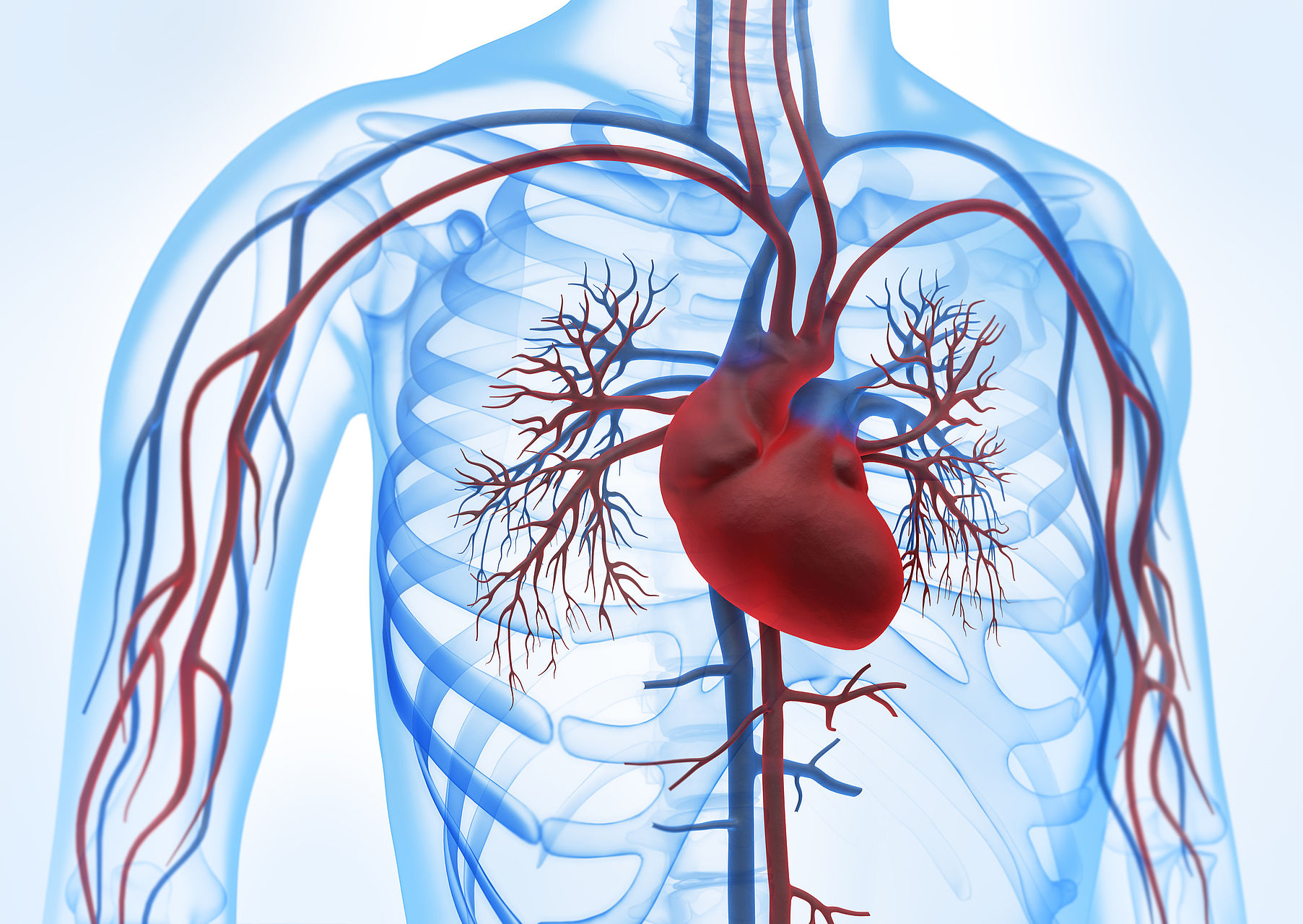Digitization can do a lot in medicine, even save lives. This is shown by the specific case of an 80-year-old patient in Mainz. The passionate Apple Watch wearer showed up in the Chest Pain Unit (CPU) of the University Medical Center Mainz and complained about typical chest pain, irregular pulse and an intermittent presyncopies – all possible symptoms of coronary artery disease (CAD) and thus possible harbingers of a heart attack. The ECG recorded in the CPU as well as the results from blood testing were normal. Then, the patient presented ECG recordings to the cardiologists, which had previously been made with her watch. These recordings showed signs of marked, so-called ST segment depression – a clear sign for severe coronary ischemia. Based on these recordings the patient underwent an immediate heart catherization, which revealed a severe coronary artery disease such as a main stem stenosis and a bifurcation lesion involving the left anterior descending artery. The mainstem stenosis and the bifurcation lesion were treated successfully with ballooning the arteries and subsequent stent implantation. The patient was discharged symptom-free and in good conditions two days later.
The cardiologists Dr. Michael Drexler and Univ.-Prof. Dr. Thomas Muenzel conclude: “As many experts and patients as possible worldwide should know that the Apple Watch ECG app can be used to diagnose cardiac arrhythmias and it may also be able to detect coronary ischemia. When used appropriately, the digital diagnostic aids may prevent myocardial infarctions and save many lives – as in the case of the 80-year-old patient from Mainz. One could say it like this: An Apple a day may keep myocardial infarction away.”
Publication: Apple Watch detecting coronary ischemia during chest pain episodes or an apple a day may keep myocardial infarction away; Michael Drexler, Christian Elsner, Valentin Gabelmann, Tommaso Gori & Thomas Münzel; European Heart Journal in press (2020)
DOI: 10.1093/eurheartj/ehaa290
Contact: Univ.-Prof. Dr. Thomas Muenzel, Head of the Department of Cardiology, Cardiology I, University Medical Center Mainz, tmuenzel(at)uni-mainz.de

